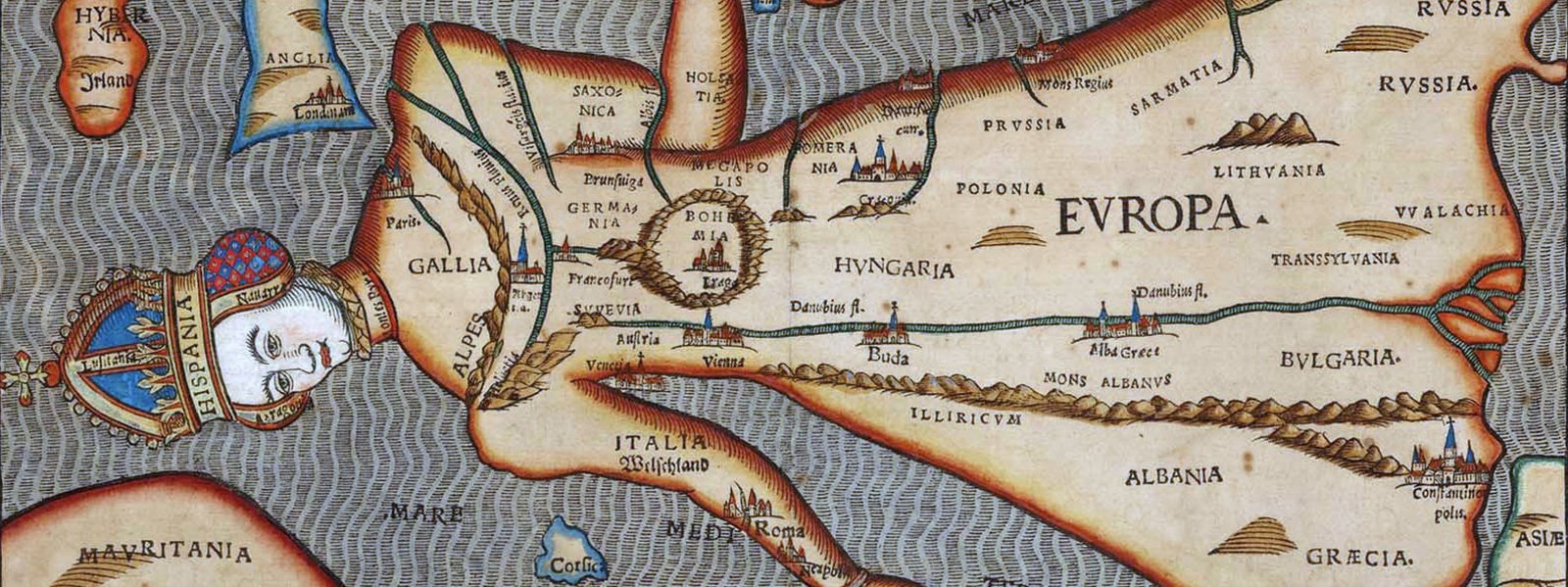In his last lecture in March, Andrey Velikanov looks at the concept of civilization from a philosophical point of view.
The term ‘civilization’ dates back to the eighteenth century and originally was used to distinguish ‘advanced’ societies from primitive cultures and barbarians. Later, people started speaking of different, ‘local’ civilizations. Among them were thinkers like Arnold Toynbee, Lev Gumilyov and Oswald Spengler. Spengler, for example, argued that every culture lives through several stages, civilization being the final among them.
‘Each culture is deeply symbolic in connection with the matter and space, in which and through which it seeks to be realized. The aim once attained—the idea, the entire content of inner possibilities, fulfilled and made actual—the Culture suddenly hardens, it mortifies, its blood congeals, its force breaks down, and it becomes civilization, the thing which we feel and understand in the words Egypticism, Byzantinism, Mandarinism. As such it may, like the worn-out giant of the primeval forest, thrust its decaying branches toward the sky for hundreds or thousands of years, as we see in China, in India, in the Islamic world. It was thus that the Classical Civilization rose gigantic, in the Imperial age, with a false semblance of youth and strength and fullness.’ (Oswald Spengler. The Decline of the West)
